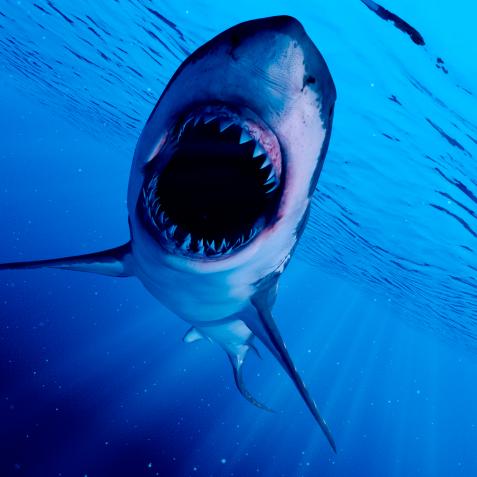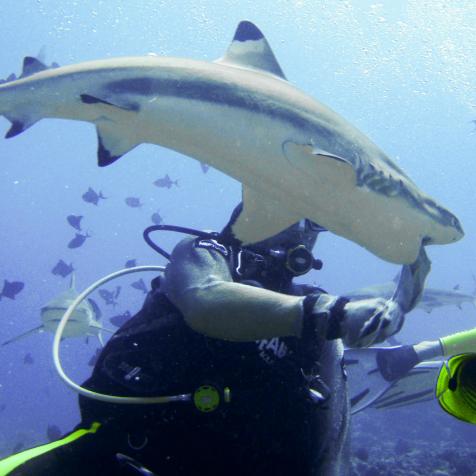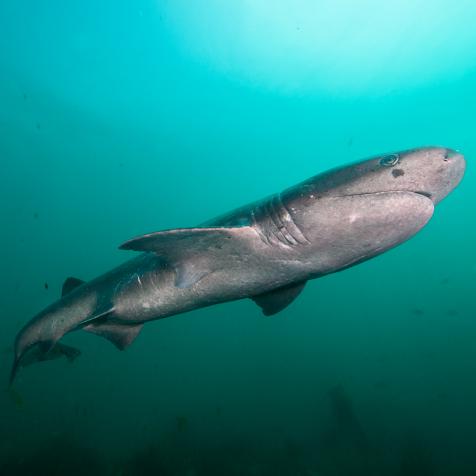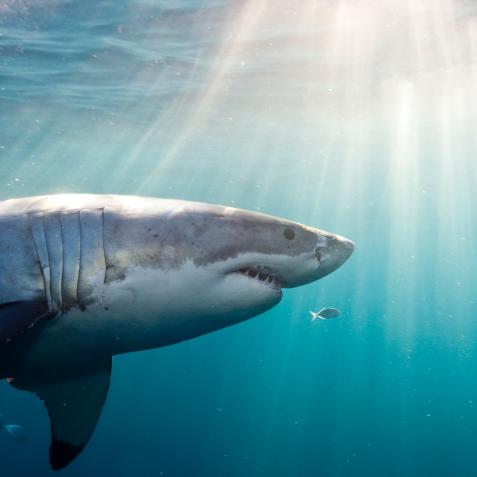New Pocket Shark Discovery

A new Pocket Shark has been discovered and it's insanely cute! Here's what you need to know...
The world is a little brighter today thanks to the discovery of a second Pocket Shark species and it’s just as cute as the first one! Side note, you definitely will not need a bigger boat.
In 2010, marine mammal scientists were on a research expedition to the Gulf of Mexico searching for, well… sperm whale food! It was on this trip that the, then unrecognizable, pocket shark was collected, cataloged and then archived along with the rest of the alleged sperm whale menu.
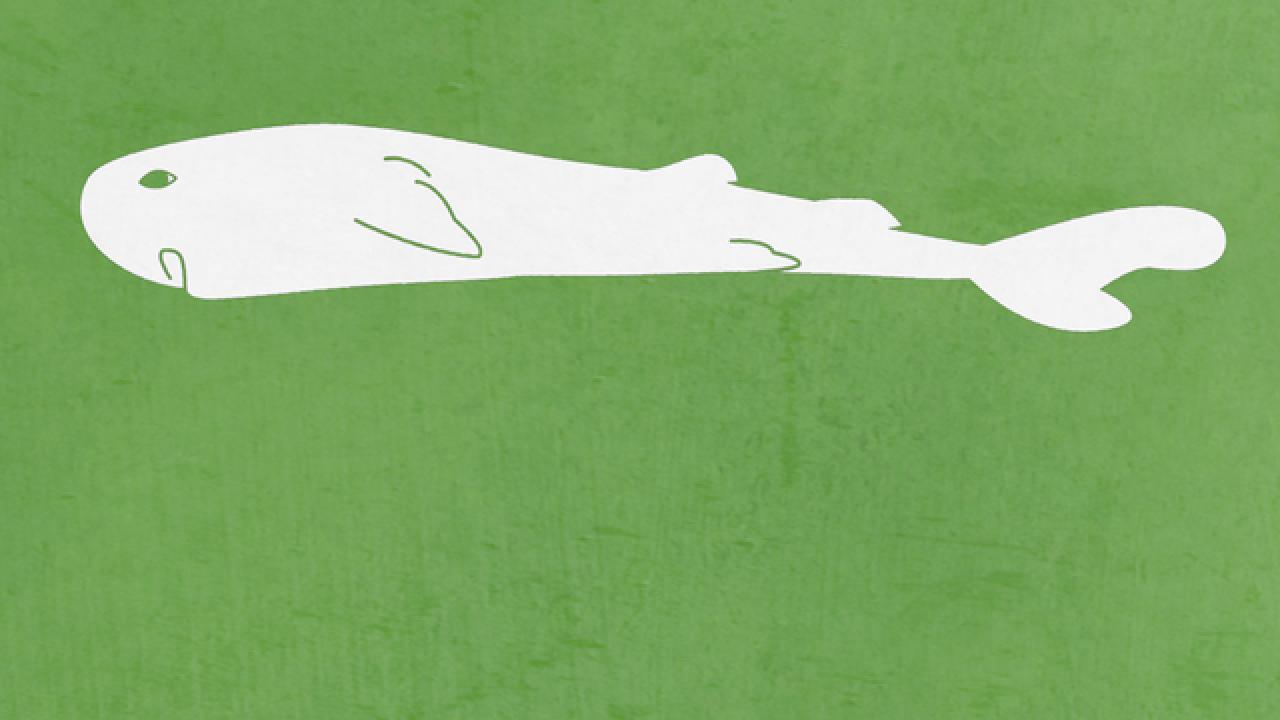
Like many new discoveries, this patient pocket shark was put on hold in a museum collection. It wasn’t until 2015 that it was reexamined, and then 2019 for its official name. During that in-between time NOAA biologist, Dr. Mark A. Grace, and colleagues gathered their evidence to prove the specimen was in fact, a first. Worse comes to worse though, the researchers would have the accolade of finding the second ever specimen of the initial species.
The first Pocket Shark’s scientific name, Mollisquama parini, (now this is a thing you know, tell your friends!) was discovered in 1984 from one little shark. This shark is so small in fact, that you could literally put it in your pocket (assuming of course, that you have not fallen victim to jeans with fake pockets).
Nevertheless, these pocket-sized pocket sharks did not get their common name for being petite. Instead, their name comes from pocket-like glands resting above their pectoral fins (the side fins that look like airplane wings). Scientists are unclear on the function of pocket glands.
A relative to the pocket sharks, the taillight shark (Euprotomicroides zantedeschia), has a luminous pouch on their abdomens. Considering this cousin, it seems likely that pocket sharks glands would have the same bright idea. However, glowing shark experts, Dr. Julien M. Claes & Dr. Jérôme Mallefet, could not confirm whether or not these sharks glowed. This is a bit surprising considering that all of their relatives possess this characteristic. In human terms, not glowing is probably like being the black-sheep of your family… if your family is made up of sharks, that is.
But thanks to this recent work from Dr. Grace and colleagues which confirmed the pocket glands bioluminesce, these two little shark weirdos now have each other, sort of. Whereas the first discovered pocket shark was found in the Pacific Ocean off the coast of Chile, our new shark friend swims around the Gulf of Mexico; an ocean basin on the opposite side of the America continents.
The species locale is also the inspiration for the pocket shark’s scientific and common names (akin to your legal name, then a nickname). When it came to the first pocket shark species, it was named in honor of the ichthyologist Dr. Nikolai Vasilevich Parin, Mollisquama parini. The new species however, is named after the Mississippi river, Mollisquama mississippiensis, You have been officially dared to say ‘mississippiensis’ five times fast!
Naming a deep sea shark after a body of freshwater may seem just as confusing as stepping into a puddle of water on a hot rainless day. However, these researchers make a pretty great case. The Mississippi River is one of the longest rivers in the world. It’s such an incredibly productive ecosystem, that it influences the health of neighboring habitats and adjoining ecosystems, like the abyssal plains of the deep sea.
Granted, a habitat whose name stems from ‘abysmal’ may not sound like first on your list of things to save. But in this case, it’s used to depict vast flat areas at the profound depths of the ocean. Overtime, material from above, like outflow from the Mississippi River, slowly accumulates here. Scientists therefore suspect that abyssal plains are huge sources of biodiversity. Yet along with the natural, the unnatural has also been accumulating. Negative influences, such as deep sea mining and pollution, in the Indian Ocean have led the IUCN to identify its first endangered species of the deep, the Scaly-foot snail. Without further study, its unknown how similar negative influences affect pocket sharks.
So there you have it, the story of why the Mississippi River is so important to a deep sea shark that fits in your pocket. Besides serving as a cautionary tale, the name M. mississippiensis, is also a celebration. The Mississippi River is an iconic fixture of the United States with widespread influence on both humankind and animal-kind alike. A fitting reminder is the common name for M. mississippiensis, the American Pocket Shark. America, shark yeah!
This article was updated on August 28, 2019.










